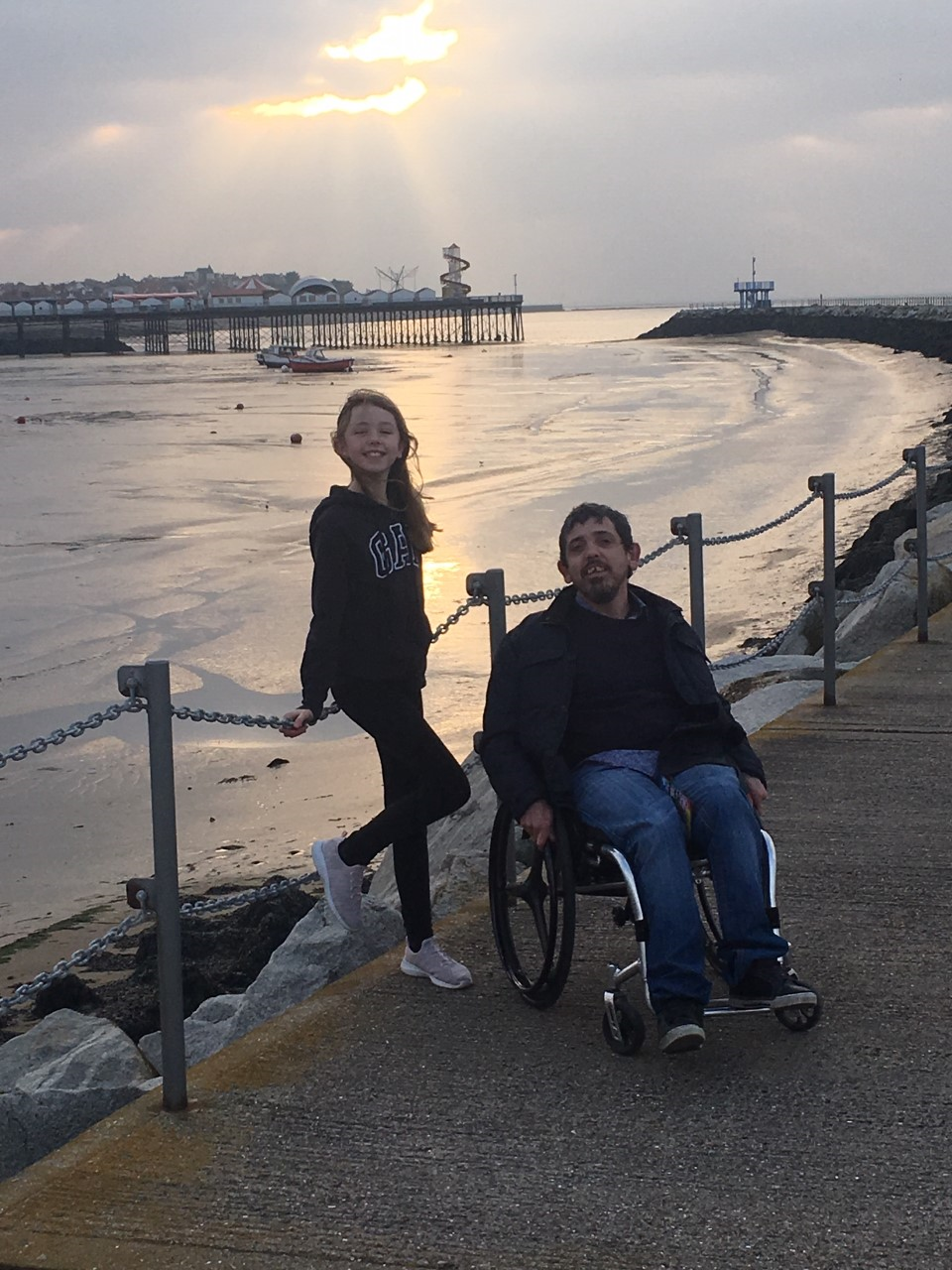Being a cerebral palsy ally

Being a cerebral palsy ally supports the cerebral palsy and disabled communities. Each individual with cerebral palsy is their own person and has their own story. Taking the time to get to know people individually is the first step to take in becoming a cerebral palsy ally.
What is a Cerebral Palsy Ally?
Cerebral palsy allies support individuals diagnosed with cerebral palsy. Allies take action to bring awareness to the condition and are a very important part of the cerebral palsy community.
“In my life, the best examples of disability allies have been my close friends and family, who respect me and support me to be as independent as possible, without making assumptions for me or making me feel like a burden.”
-Liz Johnson, Paralympic Swimming Champion
Cerebral palsy affects 17 million people worldwide. About one in every 400 babies is diagnosed with the neurological condition each year.
Why Being an Ally is Important
Being a cerebral palsy ally is important to prevent discrimination and social prejudice against disabled individuals. Oftentimes, this discrimination comes from the unconscious belief that those without disabilities are superior.
A cerebral palsy ally knows that individuals living with cerebral palsy are just like us. They are their own person with their own goals.
“You cannot lump us all in together. We have complex individual needs, interests, desires and goals for our own lives, which brings me to my second piece of advice.”
-Hannah Diviney, Writer and Disability Advocate
People living with disabilities are a minority and want to be heard. Being an ally brings more awareness to cerebral palsy, which can advance the research required to find a cure.
Ways You Can Be a Cerebral Palsy Ally
The most important way to become a cerebral palsy ally is to treat disabled people as you would non-disabled people. It is important to make individuals with cerebral palsy feel important and heard.
Ways to become a cerebral palsy ally include:
- Be very aware of the language you use and be respectful
- Celebrate World Cerebral Palsy Day and National Cerebral Palsy Awareness Month
- Donate to cerebral palsy research
- Educate other people about the cerebral palsy community
- Ensure you are not creating accessibility problems for handicapped individuals
- Learn how to address your child’s questions and fears compassionately
- Read books about disabilities
- Remember that every person is different – not every individual with cerebral palsy has the same story
- Talk to people who have cerebral palsy and learn more about their story
- You are not entitled to touch the body or assistive equipment of those with cerebral palsy
If you think someone needs your help, ask first. The person will know their physicality and when they need assistance far better than you do.
If offering help, it’s useful to first consider two questions:
- Does the person want assistance?
- If yes, what do they need you to do?
Tip: Do not take it upon yourself to start pushing someone’s wheelchair. Think about how you would like a stranger to pick you up and carry you without asking.

“Please reflect on the way you treat others, and carry out your actions with kindness, and not with malice or pity towards others.”
-Jessica Paciello, Writer and Disability Advocate
Categories
- All Categories
- 15.7K Start here and say hello!
- 7.5K Coffee lounge
- 105 Games den
- 1.8K People power
- 157 Announcements and information
- 25.2K Talk about life
- 6.2K Everyday life
- 506 Current affairs
- 2.5K Families and carers
- 895 Education and skills
- 2K Work
- 576 Money and bills
- 3.7K Housing and independent living
- 1.1K Transport and travel
- 642 Relationships
- 1.6K Mental health and wellbeing
- 2.5K Talk about your impairment
- 878 Rare, invisible, and undiagnosed conditions
- 937 Neurological impairments and pain
- 2.2K Cerebral Palsy Network
- 1.2K Autism and neurodiversity
- 40.6K Talk about your benefits
- 6.1K Employment and Support Allowance (ESA)
- 20.2K PIP, DLA, ADP and AA
- 9K Universal Credit (UC)
- 5.3K Benefits and income